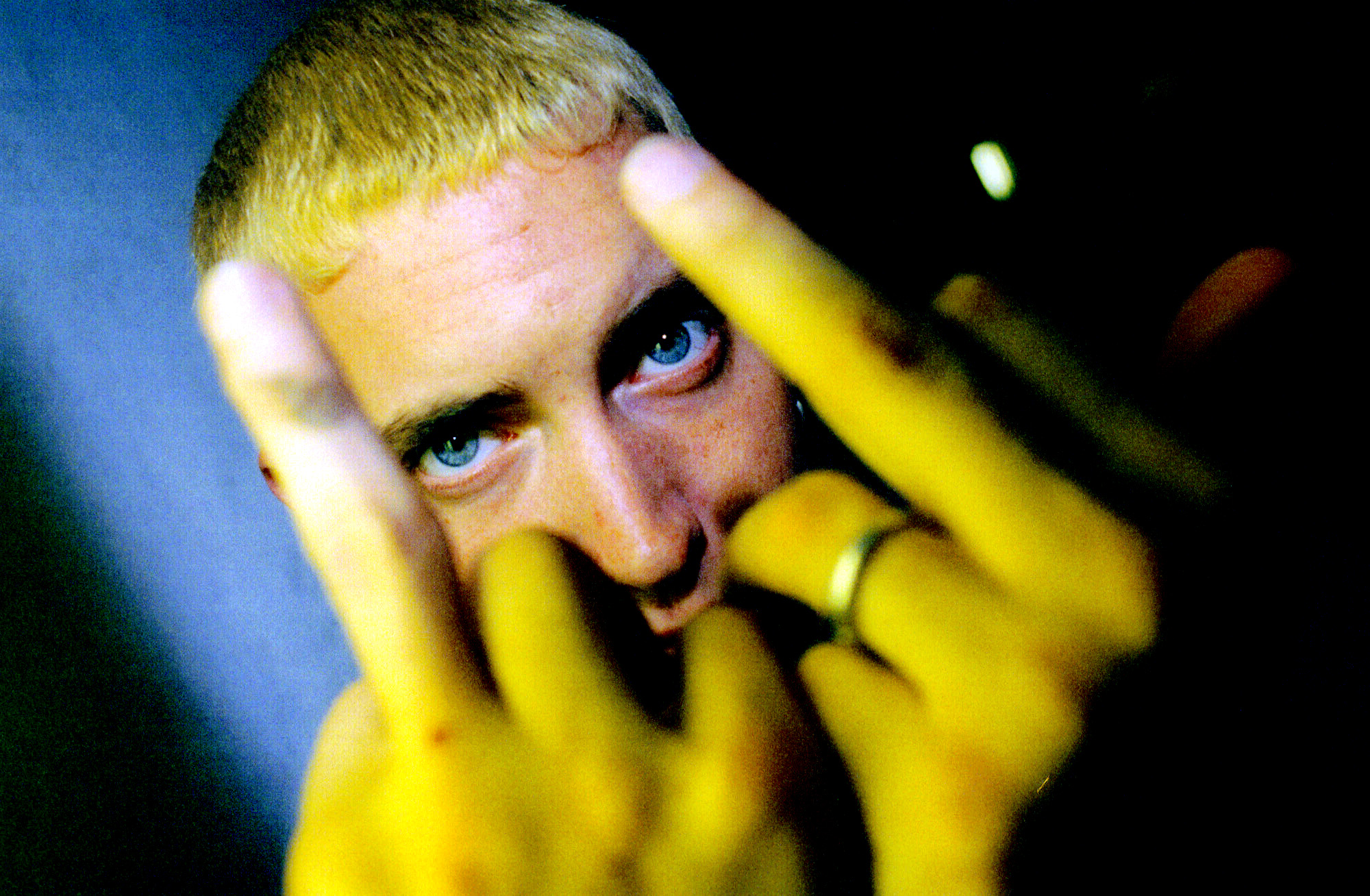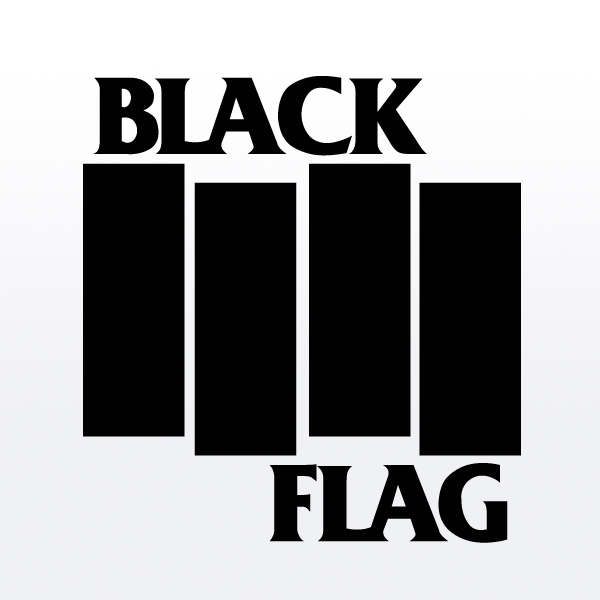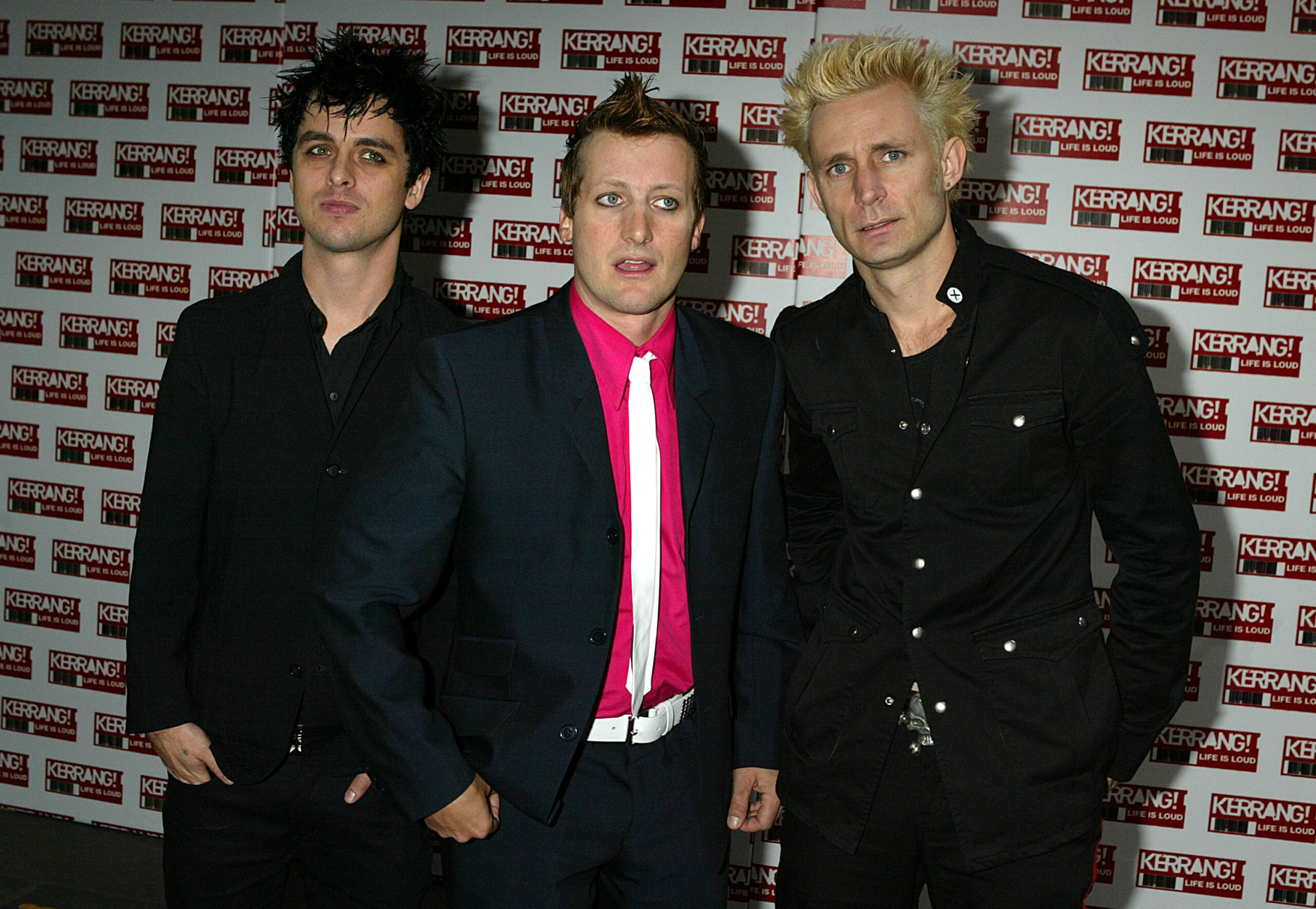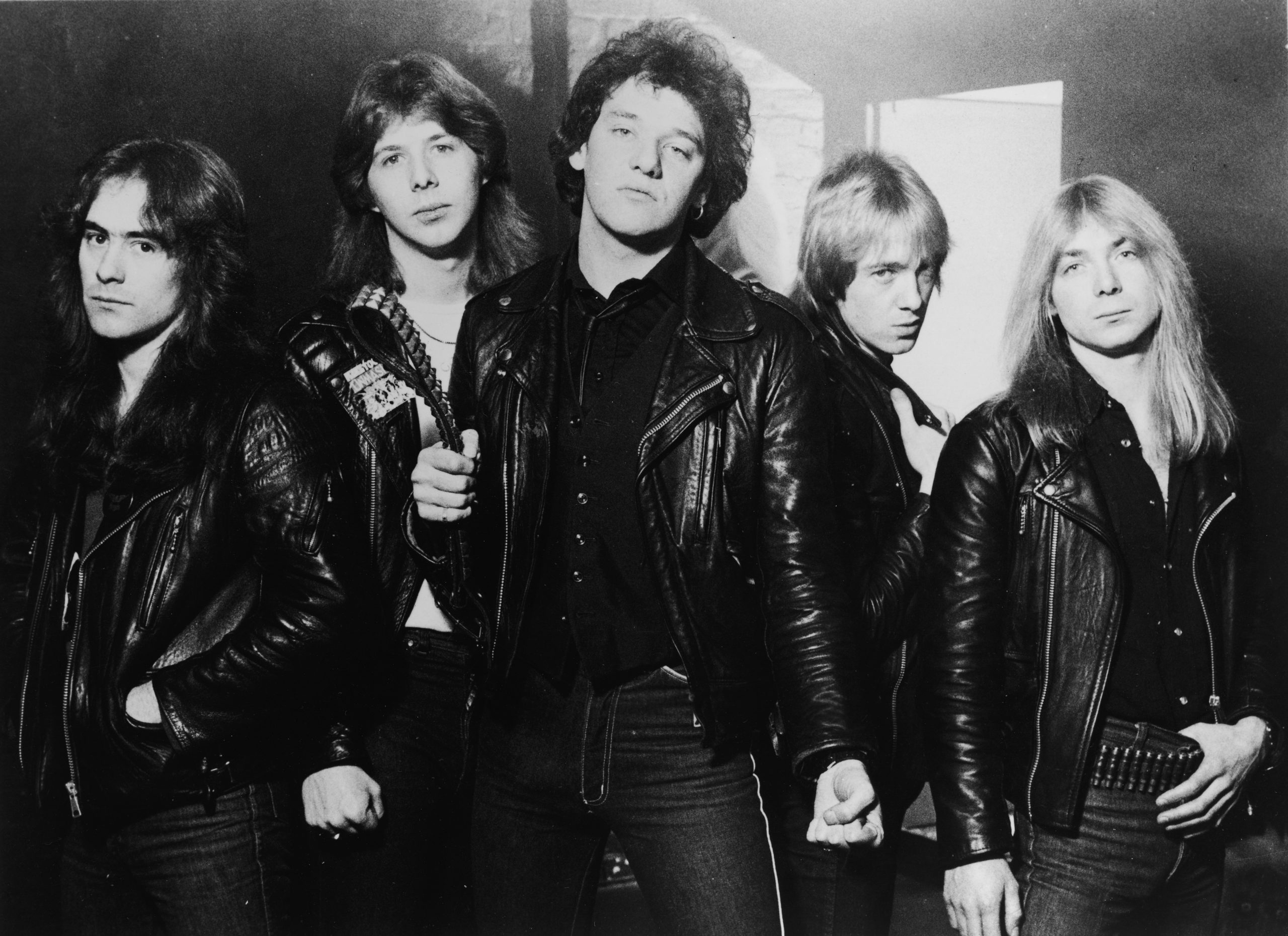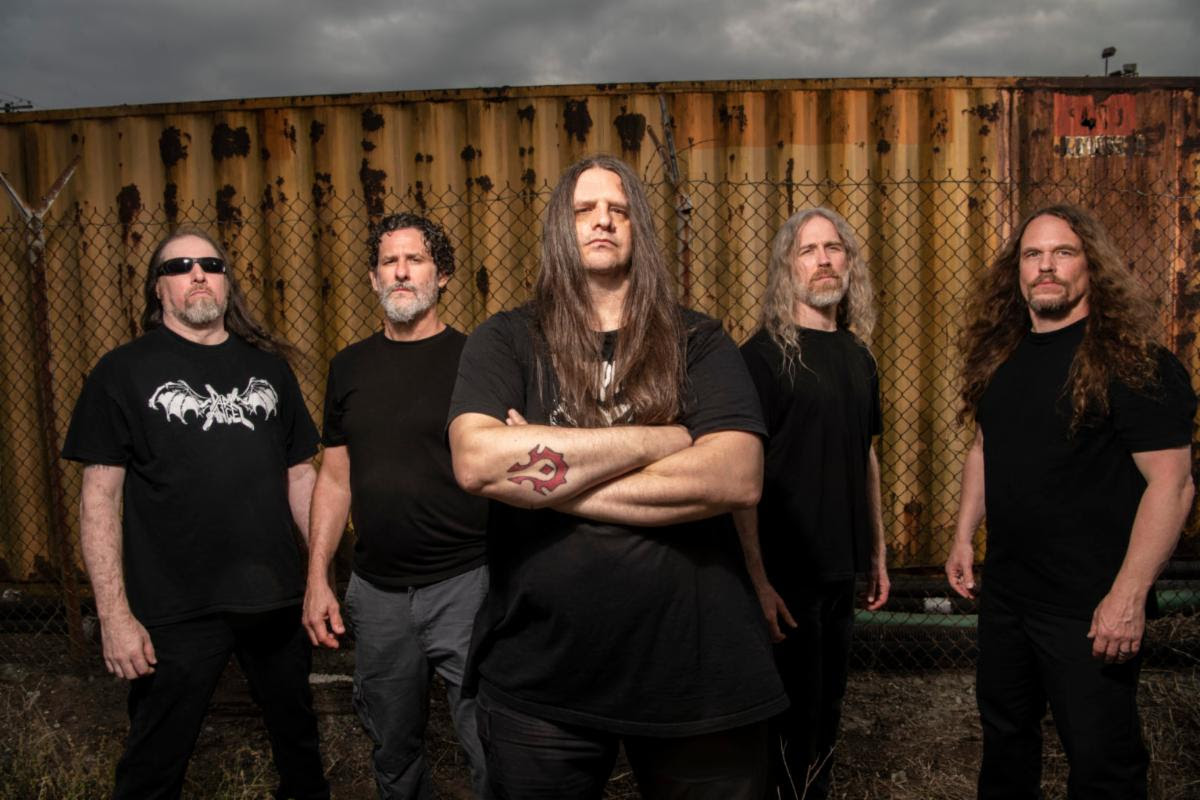Verbally gifted, painfully self-aware, deliriously problematic -- there's really nothing like the last two decades of Eminem, the blonde swordsman.
He's been called one of the greatest rappers of all time by Jay-Z and music for people who "drink way too much Mountain Dew" by Earl Sweatshirt. He's a rap purist and a pop star, managing #1 Billboard Hot 100 hits that don't shy from mention of things like Kool Keith and fromunda cheese.
He's been investigated by George W. Bush's secret service, dissed on Twitter by Donald Trump Jr. and used as DNC pump-up music by Barack Obama (who also kept Em on his iPod). He's been praised by Kanye West, Drake and Kendrick Lamar, and caught the ire of Michael Jackson and Lynne Cheney. He's been protested by GLAAD and embraced by Elton John.
The word "Stan" is in the dictionary (though, to be fair, give some credit to Nas for formalizing its use as a noun). His first Top 10 single had him complaining about boy bands, and his latest has him complaining about mumble rap. He's got more Oscars than Tom Cruise, Joaquin Phoenix, and Edward Norton combined. He sold 11 million copies of an album that has a skit where the Insane Clown Posse suck a dick.
In honor of the long, strange, 20-year trip since this manic, motormouthed bruise-poker first asked if we liked violence, here's Eminem's albums ranked from worst to best.
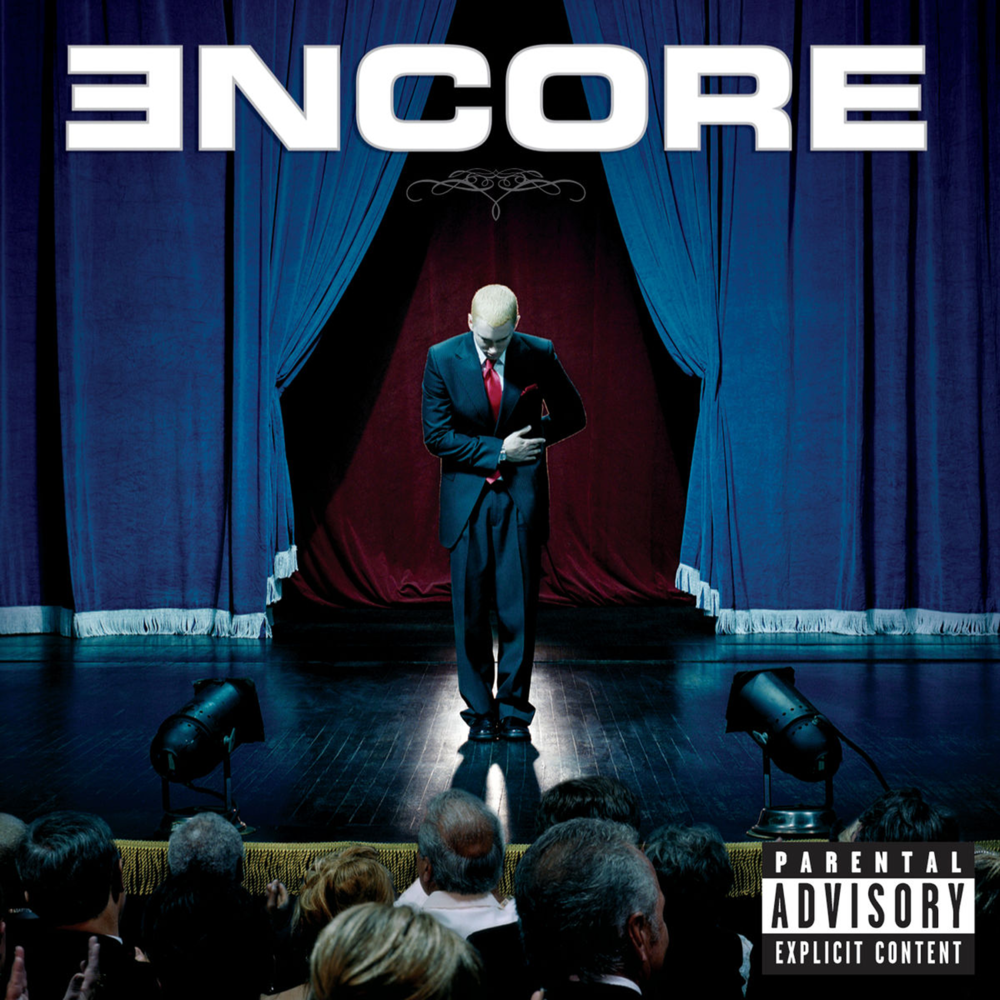
10. Encore (2004)
Encore is a rambling disaster, sounding like the untethered impulses of someone who hasn’t been told "no" in a half decade. And why would anyone tell Eminem no in 2004? By then, he was a movie star, a critic's darling, a label owner who launched 50 Cent, and an Academy Award winner. He was also addicted to pills, which partially explains this cornucopia of "hickory dickory Dirk Diggler" decisions. Encore's most inadvisable choices include talking like Rain Man, making a chorus "poo poo caca" in an English accent, puke noises, fart noises, shit noises, Pee-Wee Herman laughs, and, most famously, a whole song rapped as Triumph The Insult Comic Dog. Here, one of the greatest rappers of a generation sounds like he's trying to make words rhyme by sheer force of will ("merry-go," "ferris wheel," "carousel") or just filling up space with funky nonsense ("Or suck a dick, and lick a dick, and eat a dick, and stick a dick in your mouth"). Martika's 1988 soft-pop weeper "Toy Soldiers" is turned into a song about beef ethics; the well-meaning "fuck Bush" song "Mosh" is self-aggrandizing and all elbows; and his war with The Source feels remarkably dated since the Nah Right era would be on us in about a year. The saddest thing about Encore, however, is the inability to make sense of a lot of it. Is his long, drawn-out discussion of flubbing a line on purpose on "Big Weenie" a freestyle or a written made to sound like a freestyle? Why does he turn into Arnold Schwarzenegger at the end of "Ass Like That"?
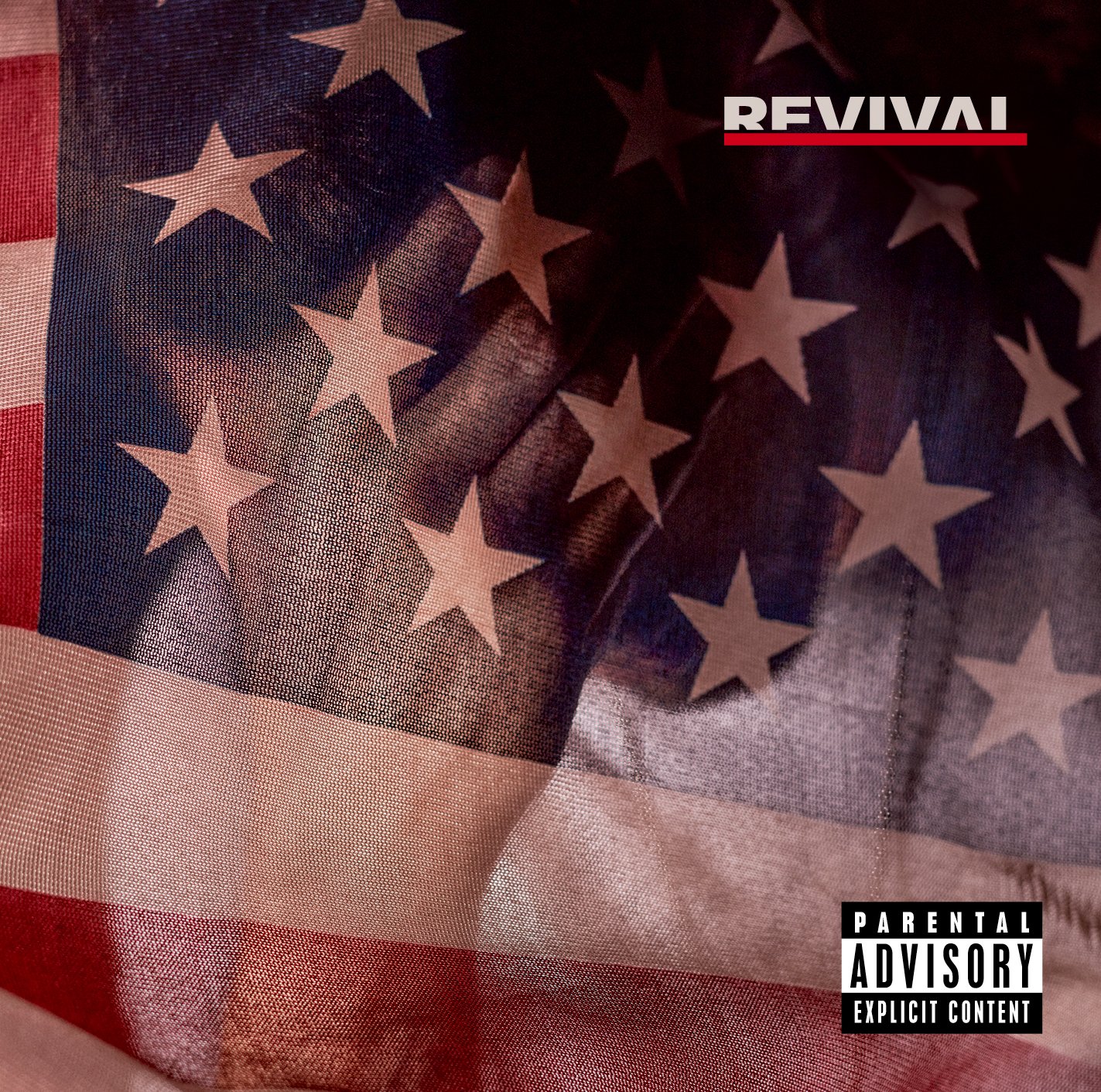
9. Revival (2017)
An album so messy that Eminem surprise-released a better album addressing all the people that complained about it. Here, the world's best-selling rapper battles the Fame Monster as he enters middle age, borrowing the earnest self-examinations sold in Macklemore's thrift shop. "Believe" has the chorus "Do you still believe ... in me?" as opposed to saying, "This looks like a job for me." On Revival, Em showed the cracks in his confidence -- notable since he's someone so intertwined with the culture of chest-puffing, venom-spraying battle rap that he starred in its definitive movie. The man who wrote "Not Afraid" wanted to say it's OK to be scared.
There are some amazing feats of verbal agility, absurdly complex rhyme schemes, flickers of truth, and fires of hyperbole. However, the TRL community he reveled in attacking are now his allies, so Revival is bogged down with soggy ballads alongside Alicia Keys, Pink, Skylar Gray, Kehlani, X-Ambassadors, and a Cranberries sample. It's not that Em isn't an evocative balladeer it's that he often undercuts the drama with jokes that increasingly scan as "labored" instead of "clever." "River," "Tragic Endings," and "Need Me" are all stories about volatile relationships that get deflated by cringeworthy puns like "maybe she'll be my Gwen Stacy, to spite-her-man" or "I'm swimming in that Egyptian river, 'cause I'm in de-nial." Lines from anti-Trump screed "Like Home" could have been peeled from a Bazooka Joe comic on a bubblegum wrapper ("this type of pickle we're in is hard to dill"). These jokes make 2 Chainz punchlines look like Mark Twain.
And, at this point, Eminem has been increasingly reliant on what can only be described as "Reverse Shaggy Dog Stories," spilling a bunch of words that sounds like gibberish until they, eventually, at long last, coalesce into a joke. One example, from "Tragic Endings": "When I found her it was love at first encounter/ Plus, she must've took the carton of eggs off the counter/ Cracked them and placed all the shells on the ground/For me to walk on when I'm around her." The less said about the line that begins "Asked if she wanted a computer lodged in her vagina," the better.
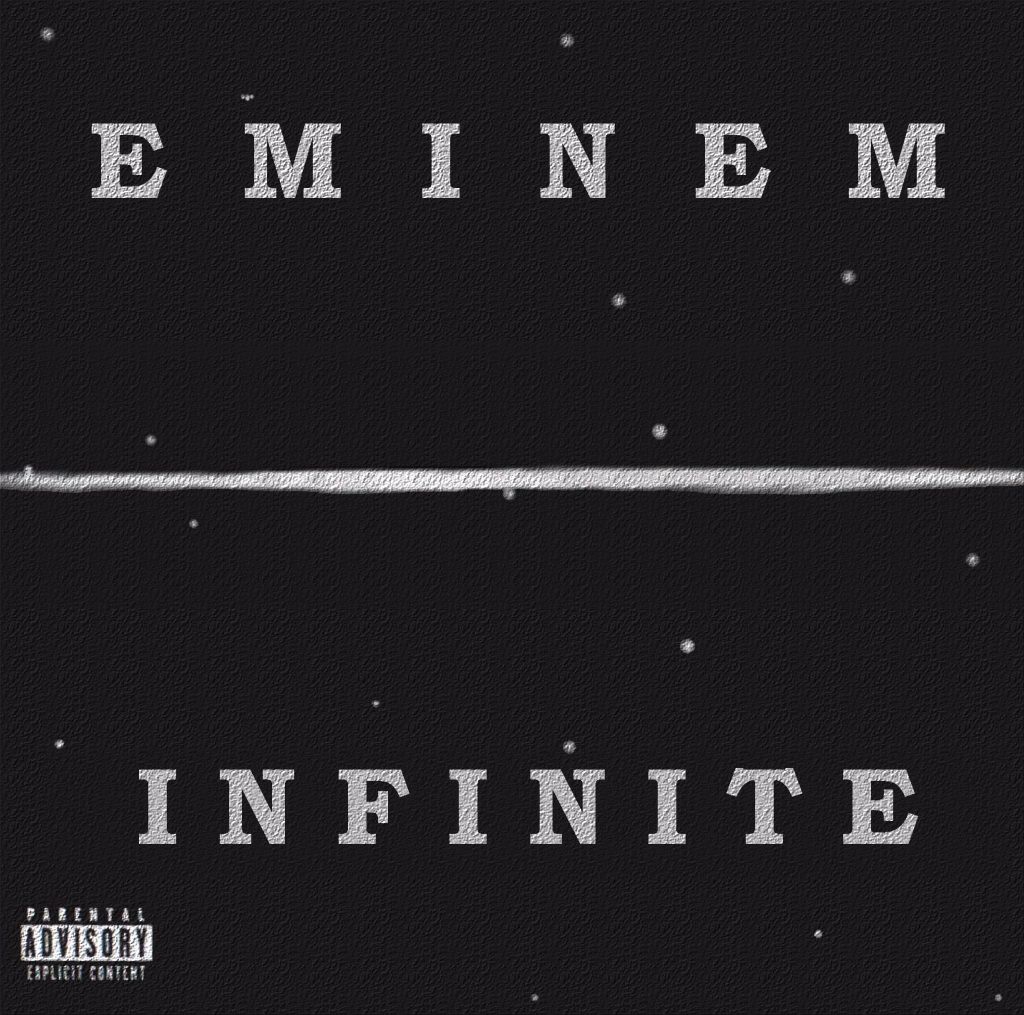
8. Infinite (1996)
There's maybe 750 copies of this cassette/vinyl release that restaurant employee Marshall Mathers sold out of the trunk of his car -- though Em says, "It sold maybe 70 copies and didn’t get great feedback." Eminem's ridiculous rhyme labyrinths were already on full display (opening salvo: "Ayo, my pen and paper cause a chain reaction/ To get your brain relaxin', the zany-actin' maniac in action") and there's early hints of his working man's blues (the struggle session "It's Okay" plays like a draft of "Lose Yourself"). Infinite is mostly a curio of boom-bap classicism, existing in those 1996 growing pains between the commercially aspirant rhyme sprees of DITC and Boot Camp Clik and the upcoming shadow economy of indie-rap labels like Fondle 'Em and Rawkus. For fans of mid-'90s punchline rap like Chino XL and Akinyele, there's a lot to smirk at ("Jump the candlestick, burn your back, and fuck Jill on a hill, but you still ain't jack") and a lot of Rap Olympics-era awkward yearbook photos ("You couldn't flip shit playin' in toilets with a spatula"). There's a few mellower moments ("Tonite," "Searchin'") that feel like attempts to catch the Bad Boy wave, but mostly Infinite is just a lo-fi document of a remarkable underground MC before he had his pop sensibility ironed out.
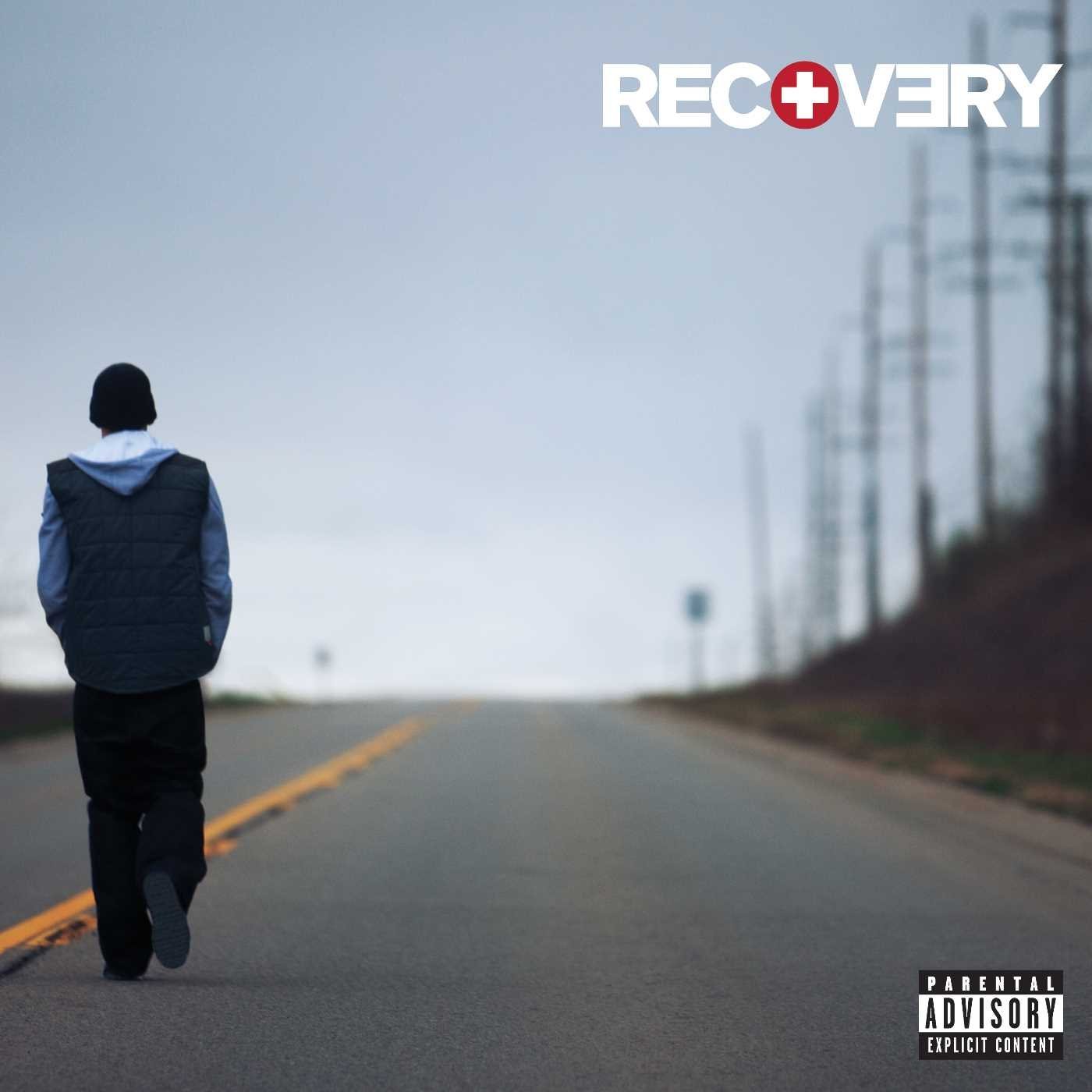
7. Recovery (2010)
Of all his bloody diary entries, Recovery may be the most open and exploratory -- perhaps the actual "Marshall Mathers LP." It's an important and perhaps necessary record in the Eminem canon, successfully keeping him from lapsing into self-parody and creative stagnation. Recovery dropped the veil, leaving behind many of the quirky Shadyesque tropes -- no skits with the lecherous Ken Kaniff or the beleaguered manager Paul Rosenberg, no murdering his ex-wife. In their place were searingly honest songs about self-loathing, addiction, grief, fame, and abusive relationships. He was rewarded with two #1 singles and the best-selling album of his post-rehab career. So why ranked so low?
Firstly, despite Eminem's self-excoriating verses, the production is pure gladiator rap: bombastic, marching-band ready, even a little manipulative. Samples include Haddaway's cheesetastic Eurohouse hit "What Is Love," Black Sabbath's overused ballad "Changes," and Gerald McMann's synthed-out goth-pop hit "Cry Little Sister" from '80s vampire cheesecake flick Lost Boys. Where Eminem would once denounce pop radio, now he mirrors it with the whiny chorus of "Talkin' 2 Myself" and the Britney-ish coo of "Almost Famous." And, as a rapper, Eminem really began to turn his punchlines into R-rated dad jokes, groaners that cross the line between clever and annoying. Witness lines like "Stick my dick in a circle, but I'm not fucking a-round" ("Cold Wind Blows") or "Your pussy lyric, I cunt hear it" or the infamous line in smash hit "Love The Way You Lie," "Now you get to watch her leave out the window/ Guess that's why they call it window pane." One of the most open and mature albums of his career, but it's sidelined by bombastic production choices and a flat bowl of puns.

6. Kamikaze (2018)
The near-universal critical drubbing of this white-hot rhyme scattergun was either a post-Revival lay-up to bash an easy target or just a sign that modern hip-hop simply values things well beyond the scope of rap's original tenets. Much of Kamikaze is a pyrotechnic airing of grievances from rap's Jeffrey Ross that does backflipping battle rhymes in the tradition of '80s live throwdowns, '90s Scribble Jams, and '00s Smack DVDs. He's lyrical to a Seuss-ian level of absurdity, rhyming "old lederhosen" with "homemade explosions" and "Young Thug poster" with "unplugged toaster." Three crazy-ex-girlfriend songs, an apology to crewmates D-12, and the Venom tie-in weigh the project down as a whole -- though the latter at least lets a longtime comic-book fan find rhymes for "mitochondrial" and "Symbiote." Jump right into other six songs -- "The Ringer," "Greatest," "Lucky You," "Not Alike," "Kamikaze," and "Fall" -- for an acid-rain cyclone, Eminem taking on a laundry list of targets: most notably Machine Gun Kelly, but also Vince Staples, Charlemagne, Tyler, Earl Sweatshirt, Joe Budden, Akademiks, Pitchfork, the Grammys, the Migos flow, mumble rap, AutoTune, Trump, Lord Jamar, and Die Antwoord. An unbelievable EP of sheer mixtape-heat berserkitude sprayed across an uneven collection.
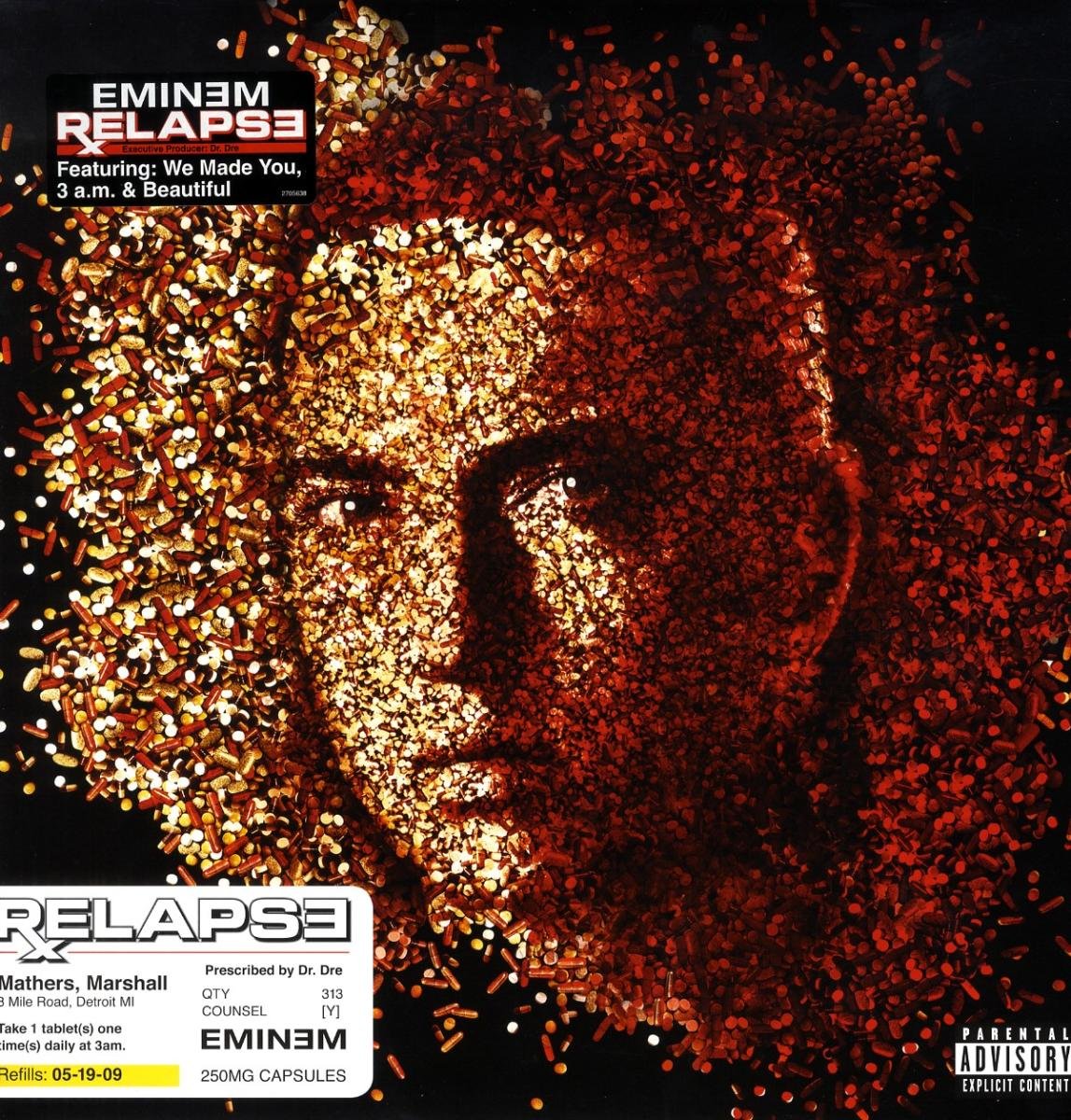
5. Relapse (2009)
Eminem emerged from his rehab hiatus as a daffy word nerd, combining syllables to astonishing and often absurd ways. Was it clarity? Boredom? OCD? Whatever, because his first album in nearly five years reinvented him as the Ogden Nash of flog 'n' slash. The downside, of course, was that the actual meaning and impact of words started to fall away. Surely, it's a laudable, gynmastic feat to rap "Hannah Montana, prepare to elope with a can opener/ And be cut open like cantaloupe on canopy beds," but it's not as evocative as, say, Stan's letter or B-Rabbit's sweater. The vivid overdose tale "Déjà Vu" and the writer's block therapy session "Beautiful" come towards the album's end, basically islands of truth on an album of horrorcore splatter, crazy hyperbole, and ridiculous displays of rhymeosity. As raps go, it's basically an over-the-top genre record, a craftsman dealing in more fiction than fact, for fans of Geto Boys, Tech N9ne, or The Slim Shady LP. It's a Troma movie that does for shock rap what Jay-Z did for crime rap on 2007's American Gangster. Unfortunately Em is also wearing a wardrobe of accents like he's always doing a Sacha Baron Cohen routine. But for the type of bars-above-all rap fan open to hearing someone say, "Time to show you the most kick-ass flow in the cosmos/ Picasso with a pick axe, a sick asshole," there's a lot to love.
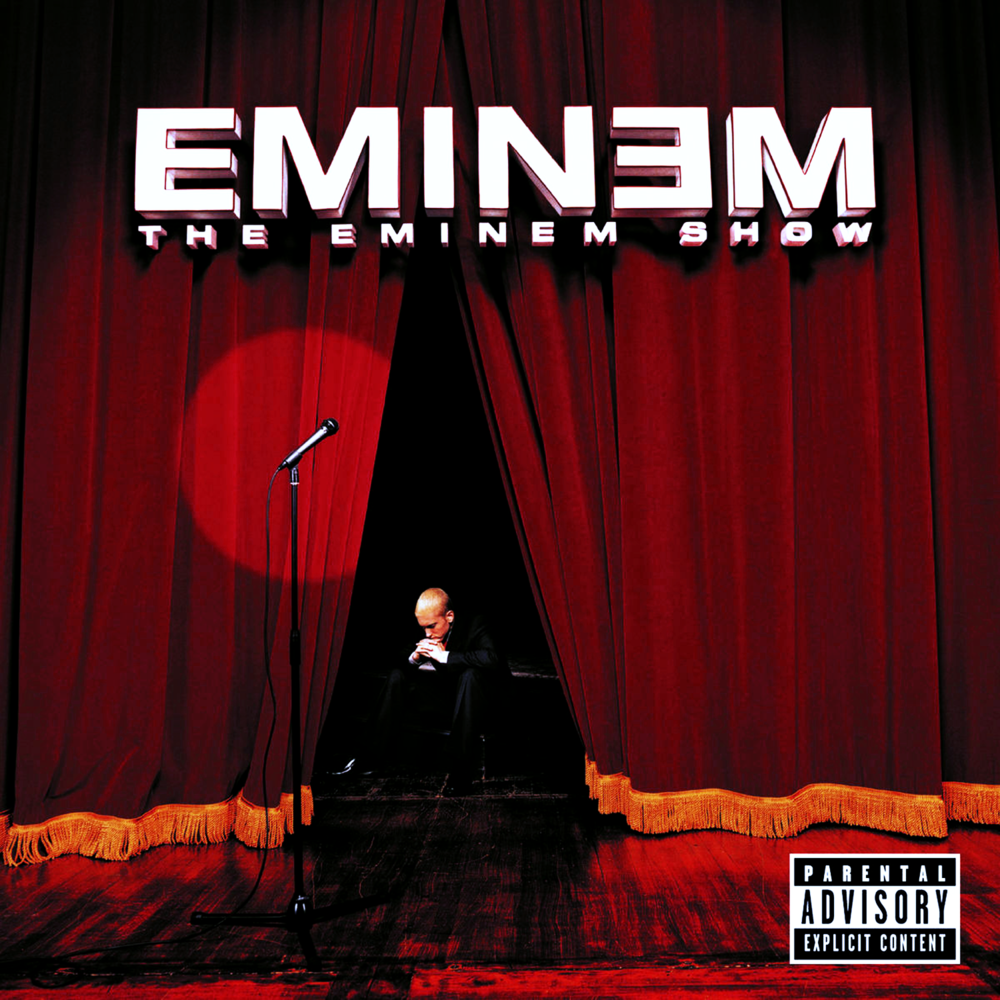
4. The Eminem Show (2002)
The third part of Eminem's classic major-label run is where he emerges from frolicking inside the media hall of mirrors and starts simply saying reality bites, talking openly about court cases that have been long forgotten and beefs that have been long abandoned. It's a little self-serious and self-righteous, with songs like "Sing For The Moment" and "My Dad's Gone Crazy" about the healing power of his own music. Eminem really took the reigns as a producer for the first time -- he's got sole or co-producer credits on all but the three Dr. Dre songs -- and he really leans towards martial, leaden, overdramatized beats. Still, he remained a beastly rhymer, able to freely toss out bonkers lines like "I'm interesting, the best thing since wrestling/ Infesting in your kids' ears and nesting" or "full of controversy until I retire my jersey/ Till the fire inside dies and expires at 30." It's all basically an album-length run-up to "Lose Yourself," where Em is no longer a psycho jackoff but instead a focused soldier and a Superman, where he'd rather rap over an Aerosmith ballad than a slinky, quirky Labi Siffre organ riff. It has "Cleaning Out My Closet," the raw point-by-point diss song at his own mother (he says he won't perform it anymore), and the deliriously goofy "Without Me," whose interpolation of fellow heavily criticized white interloper Malcolm McClaren's "Buffalo Gals" was either pure genius or hilarious coincidence.
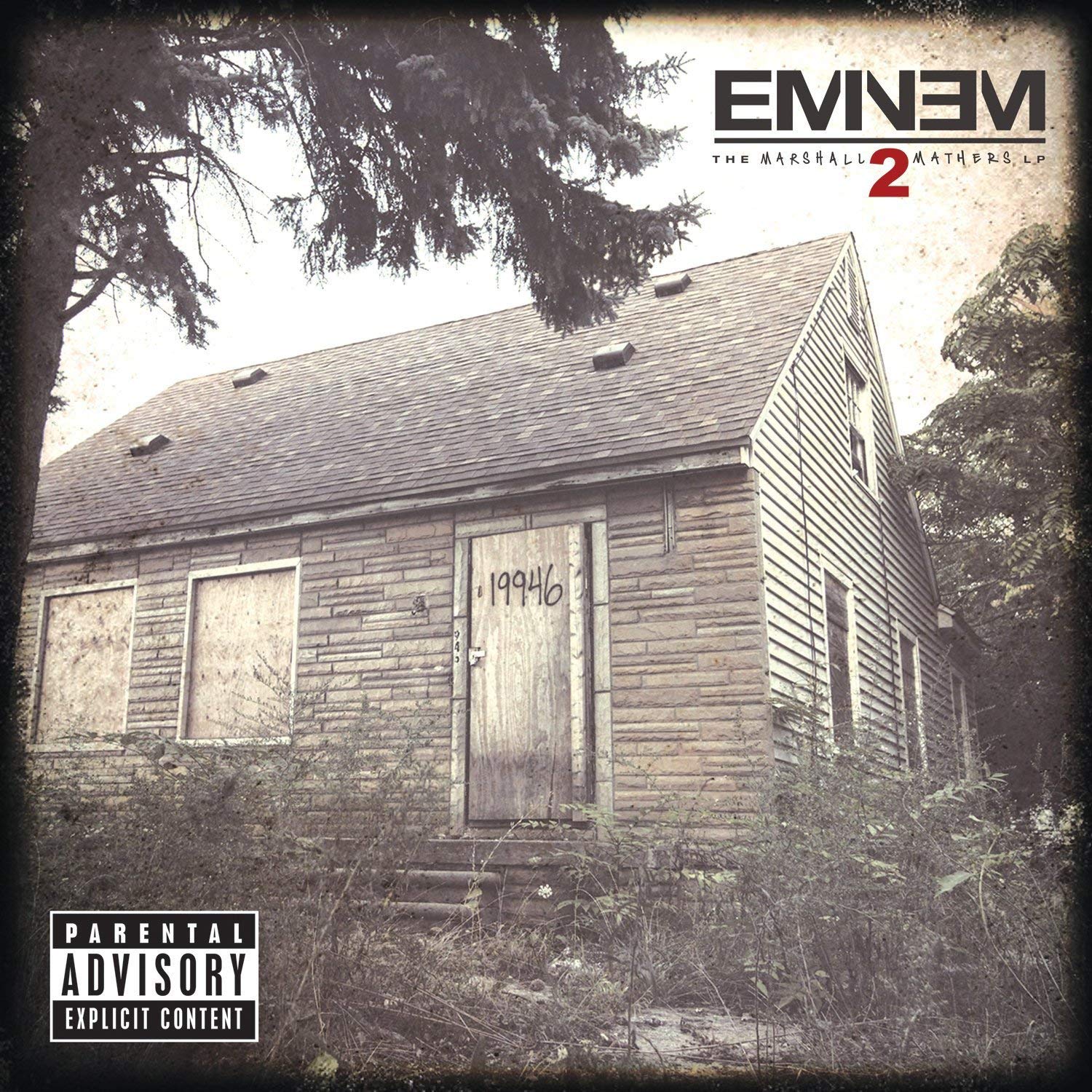
3. The Marshall Mathers LP 2 (2013)
If there's a more purely technical rap album, I haven't heard it. This showboat-y, athletic collection of stunt raps is the hip-hop that Grandmaster Caz, Big Daddy Kane, and Kool G Rap knew: syllable science, a pissing contest of tricky combinations and assonant hurdle-jumping taking out all rookies. By 2013, rap styles had evolved to include the street-level reportage of Kendrick Lamar, the DIY minimalism of Chief Keef, the melodic gargle of Future, the sing-song of Drake, and the flow-hopping chaos of Young Thug. But if you're of the age to appreciate a good Kwamé joke ("Love Game") then this album is nothing short of remarkable. Here, a pop star turns into the Buckethead or DJ QBert of rap, pushing his instrument to fantastic limits, spilling over the edges. Rick Rubin is at the decks for the first time, walking the way of looped rock samples courtesy of Joe Walsh, Zombies, Billy Squier, and Wayne Fontana. "So Far..." is probably his best post-rehab solo joint, an "old rapper yells at cloud" track where Em hilariously documents his frustration with computers, fans pointing out his crow's feet, and the next generation of Slim Shadys. "Headlights" is probably his most sober and honest song ever, a heartbreaking apology to his mother for years of cleaning his lyrical closet. If you can stomach the occasional "rapping as Yoda" moment or treacley Skylar Grey chorus, MMLP2 is a phenomenal example of "rappity rap" that, in the case of one song, literally broke a Guinness record.
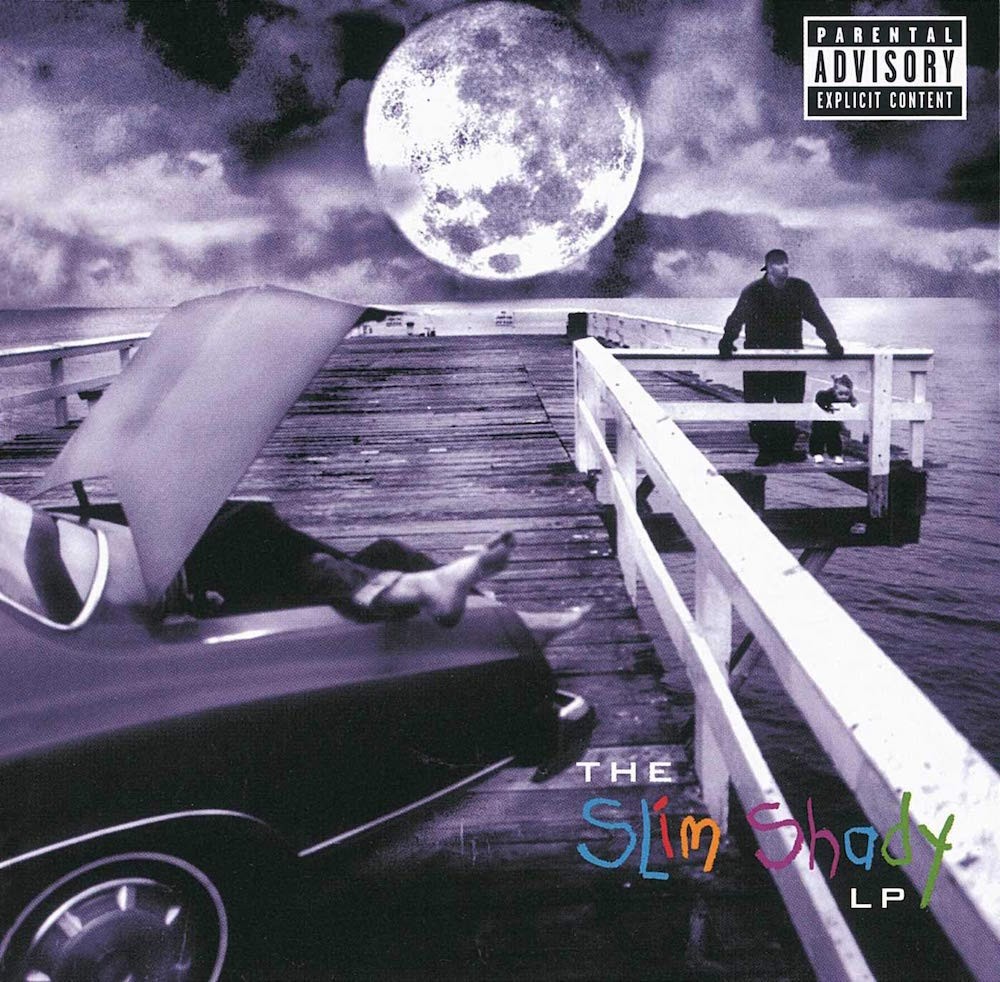
2. The Slim Shady LP (1999)
The slimy finger that Wet Willie'd America. Bratty and beastie, Eminem's major-label debut was an instant sensation thanks to its smarmy pop cultural fricassees, its needling shock-raps, three quirky singles produced by gangsta ambassador Dr. Dre, and a macabre piece of outlaw rap about abandoning his babymama's body in a lake. With a Barnum-esque sell and the twisted shoxploitation of early Wes Craven, Eminem's lines about being a lightning rod for controversy promptly became a self-fulfilling prophecy. However, The Slim Shady LP's real triumph obviously wasn't in its Spice Girl jokes and misogynistic gross-outs; it was in artistically flipping the script of rap bravado, twisting the "you ain't shit" posturing of L.L. Cool J and Kool Moe Dee to the "I ain't shit" posturing of Woody Allen and Rodney Dangerfield. Leave not being a joke to Rakim: The Slim Shady character is a compulsive masturbator, an addict, an ungrateful prick to his fans, a skinny, broke, short-tempered, jealous bad influence who spits when he talks, hates his job, and brags about genital warts, herpes, syphilis, "full-blown AIDS and a sore throat." On the more venomous moments, he lashes out at his deadbeat dad, his middle-school bully, his ex-girlfriend, his mom -- even earning a pair of lawsuits down the road. As a white boy, Eminem came from outside the walls of hip-hop culture, but he ultimately used its storytelling methods to tell of his own reality.
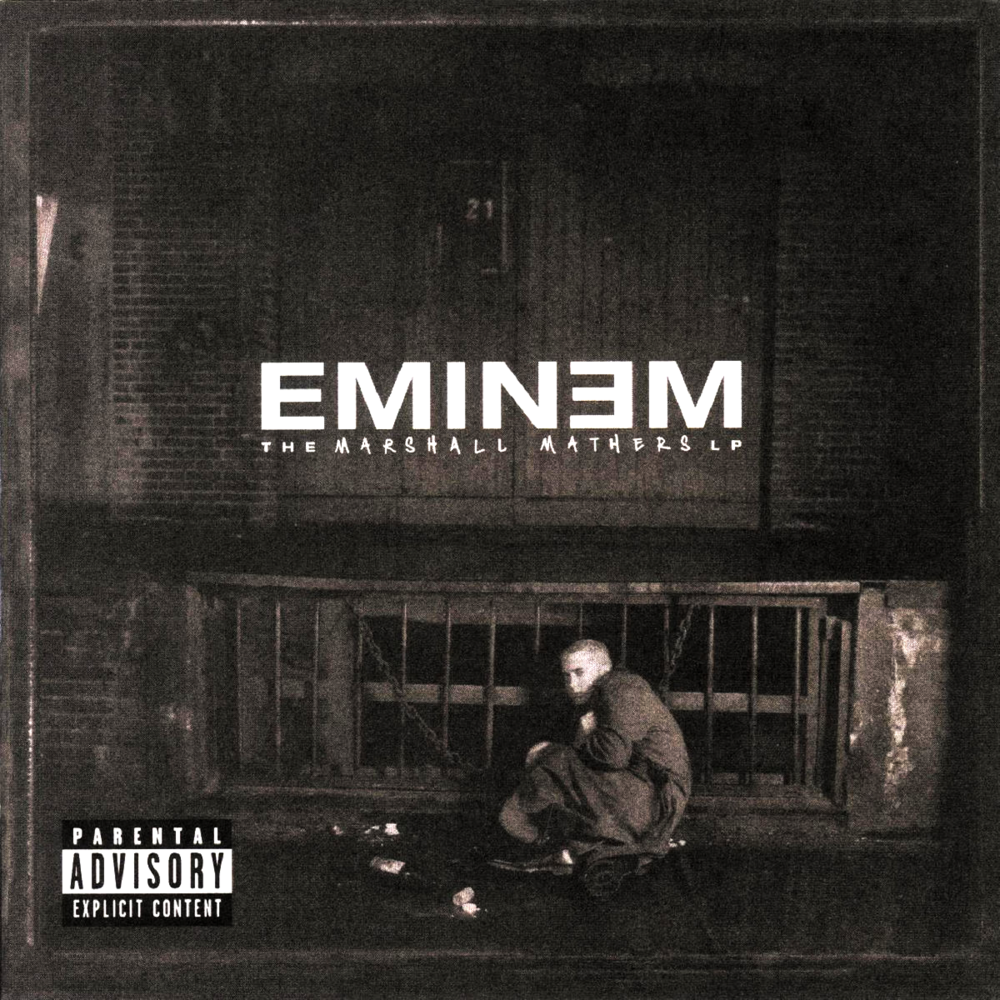
1. The Marshall Mathers LP (2000)
Eminem was the most compelling when his lyrics nailed a Venn diagram's center of brilliant fiction and ugly facts, personal grudges and public battles, the imagination of a grindhouse pervert and the appeal of a pop star. With The Marshall Mathers LP critics waged war about whether he was a leaking toxic barrel of homophobia and misogyny, or the gifted Bob Dylan of the trailer park. The Marshall Mathers LP featured the vivid "Stan," maybe the only storytelling rap to rival the greatness of Slick Rick's "Children's Story," and it also features self-consciously antagonistic needling of "Fuck, shit, ass, bitch, cunt, shooby-de-doo-wop/ Skibbedy-be-bop-a-Christopher-Reeves."
Here, Eminem was a tabloid dream pretending to be middle America's nightmare. His personal life was on display in ways that were both uncomfortable and intriguing in the pre-TMZ era, taking shots at his mother, the media, and people that bother him when he's eating. And then, of course, there's "Kim," a Wagnerian scream-therapy session where he kills his ex on record ... for the second time. In its worst light, "Kim" is a misogynistic attack directed at a real person without a recording contract to defend herself; in its best light it's "Stagger Lee" gone Lars Von Trier, complete with the anti-hero unraveling into distraction, self-loathing, and flickering memories.
This line from "Marshall Mathers" is at once one of the album's most technically brilliant and one of its most indefensible: "I was put here to put fear/ In faggots who spray Faygo root beer/ And call themselves clowns 'cause they look queer." The internal rhymes and rhythm are Big Daddy Kane-level delicious. The pettiness of beefing with ICP on your follow-up to a triple-platinum Interscope LP is hilarious. The casual homophobia is ethically inexcusable but raw like a tantrum. It's that balancing act of impulses -- brilliance and stupidity, savvy and childishness, raw skill and shock tactics, personal demons and public outbursts -- that made Eminem and The Marshall Mathers LP so intriguing.
